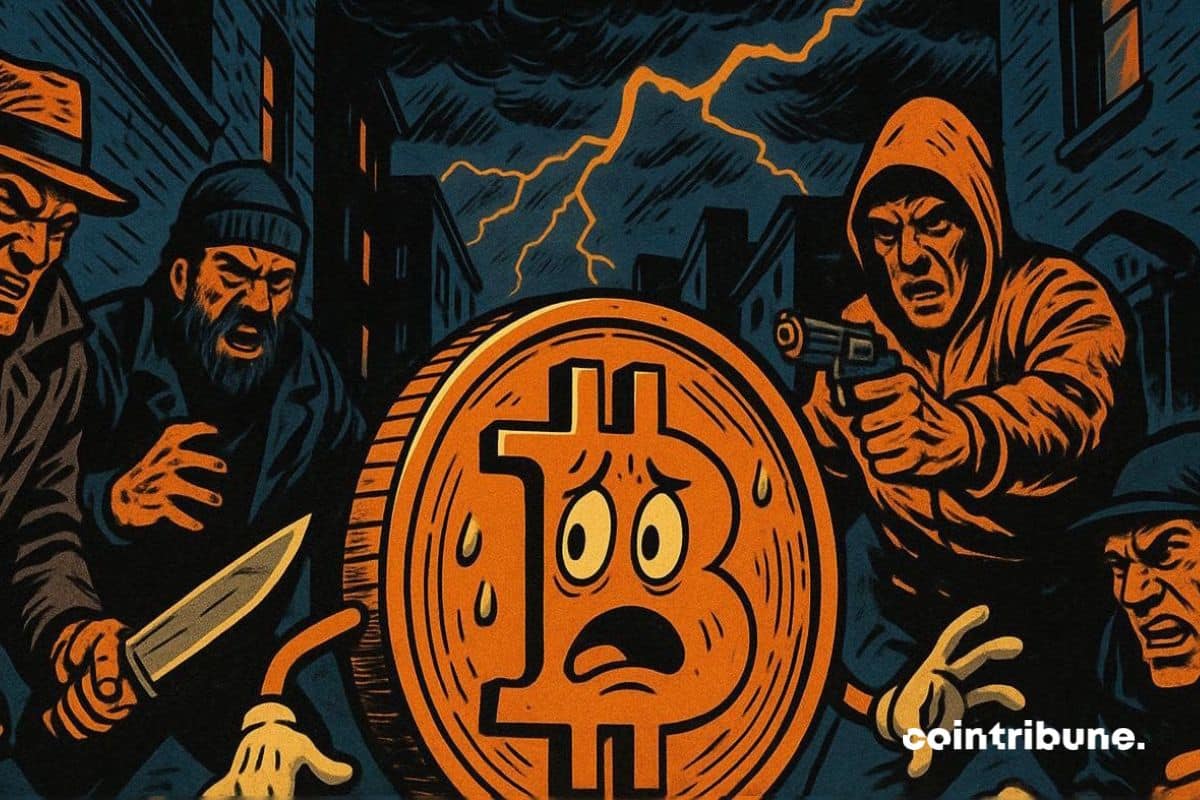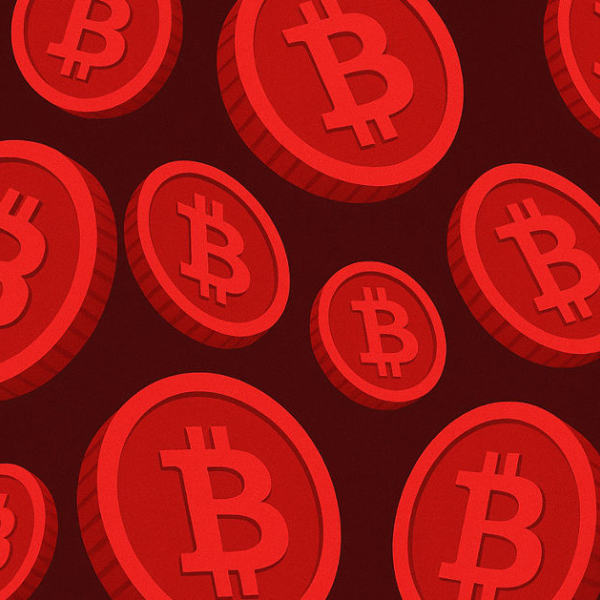News
Stay up to date on the latest crypto trends with our expert, in-depth coverage.
The committee believes that caution should be maintained, and that outlook assessments should be continuously updated as data changes. There remains a high level of concern regarding the uncertainty of the outlook, regardless of its direction.

The approval of the Solana ETF is not an end point, but the starting gun for a new era.

In Brief Berachain network halted to protect user assets after a Balancer V2 breach. Developers launched a hard fork to recover funds and eliminate vulnerabilities. BERA and BAL coins saw decrease in value post-security incident.




Institutional demand for Bitcoin has fallen below the rate of new coin mining for the first time in seven months, suggesting that major buyers may be pulling back.
- 08:47Whale "7 Siblings" purchases another 9,057 Ethereum, with a total investment of $72.49 millionAccording to ChainCatcher, on-chain analyst Onchain Lens (@OnchainLens) has monitored that the whale "7 Siblings" has made another move, spending 32.49 million USDC to purchase 9,057 ETH. During this round of decline, the whale has invested a total of 72.49 million USDC to buy 19,918 ETH, with an average price of 3,638 USD.
- 08:43Bitunix Analyst: US Business and Political Circles Join Forces Against Trump, Supreme Court Set to Hear Tariff Authority BattleBlockBeats News, November 4 — American business circles, members of Congress, and former government officials are joining forces to launch an unprecedented legal offensive against the Trump administration, demanding that the Supreme Court limit the scope of the president's "emergency tariff authority." Groups including the U.S. Chamber of Commerce and several former national security officials have submitted nearly 40 legal briefs opposing Trump's expansion of powers under the guise of a trade war. There are very few supporters, and the confrontation between politics and law is highly charged. Trump described the case as "one of the most important cases in American history," emphasizing that stripping the president of the ability to quickly impose tariffs would "endanger national security." However, the U.S. Chamber of Commerce countered that trade barriers have already severely damaged business investment and consumer confidence, warning that policy uncertainty is slowing overall growth. Legal experts believe this case will become a milestone in defining the boundaries between executive and legislative powers, and will also affect the direction of more than $5 billion in potential tariff revenue. Bitunix analyst's view: If trade war powers are restricted, it will reshape the U.S. foreign trade landscape and the pricing of global risk assets. The U.S. dollar may come under short-term pressure, and risk-averse sentiment may rise. For the crypto market, if policy shifts toward easing and the liquidity environment improves, BTC's medium-term structure is expected to benefit, but increased volatility will remain the main theme. The current market focus is shifting from interest rates to policy legitimacy, and the outcome of the bill's ruling may become a key turning point in the macro landscape for the fourth quarter.
- 08:43The U.S. Supreme Court will hold oral arguments on November 5 regarding whether Trump can impose tariffs under the IEEPA.BlockBeats News, on November 4, the U.S. Supreme Court will hold oral arguments on November 5 regarding a case that examines the boundaries of presidential "emergency powers." The core issue of the case is whether the president can impose broad tariffs on imported goods from around the world under the International Emergency Economic Powers Act (IEEPA). The impact of this case goes far beyond trade policy itself. The Supreme Court's ruling will determine whether the president can bypass Congress by invoking emergency powers, potentially making this practice a tool for routine governance, and will have profound implications for the constitutional separation of powers and the limits of presidential authority. The case originated from former President Trump, who declared three national emergencies in succession to impose tariffs on Canada, Mexico, and China; he then declared a fourth national emergency to impose a 10% global tariff on all imported goods and up to a 50% "reciprocal tariff" on specific countries and companies. Multiple businesses and state governments subsequently filed lawsuits in federal court. The Brennan Center submitted "amicus curiae" briefs in several cases, arguing that long-term trade imbalances do not constitute an emergency or an "unusual and extraordinary threat," and that the IEEPA does not authorize the president to impose tariffs. The Supreme Court will decide whether the law grants the president a "tariff pen" that can bypass Congress. Trump previously stated on November 3, "I will not go to court on Wednesday (the 5th) because I do not want to distract people from this important decision."